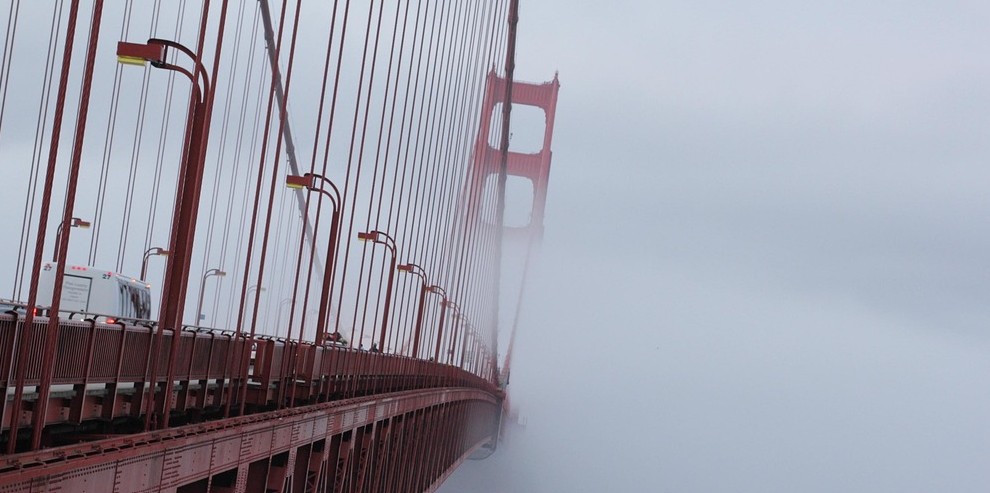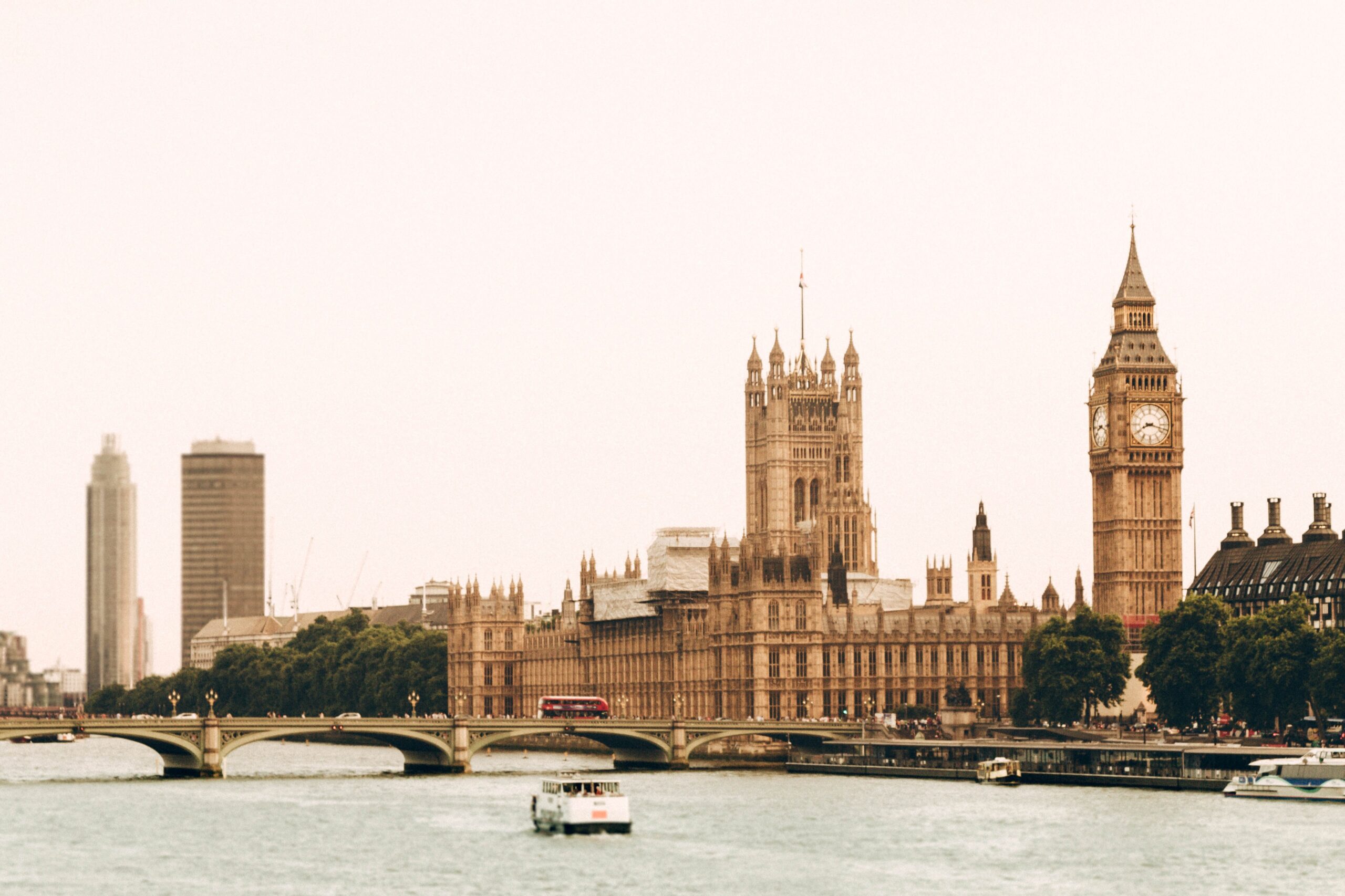
Winter Wonderland – As We Dream By The Fire
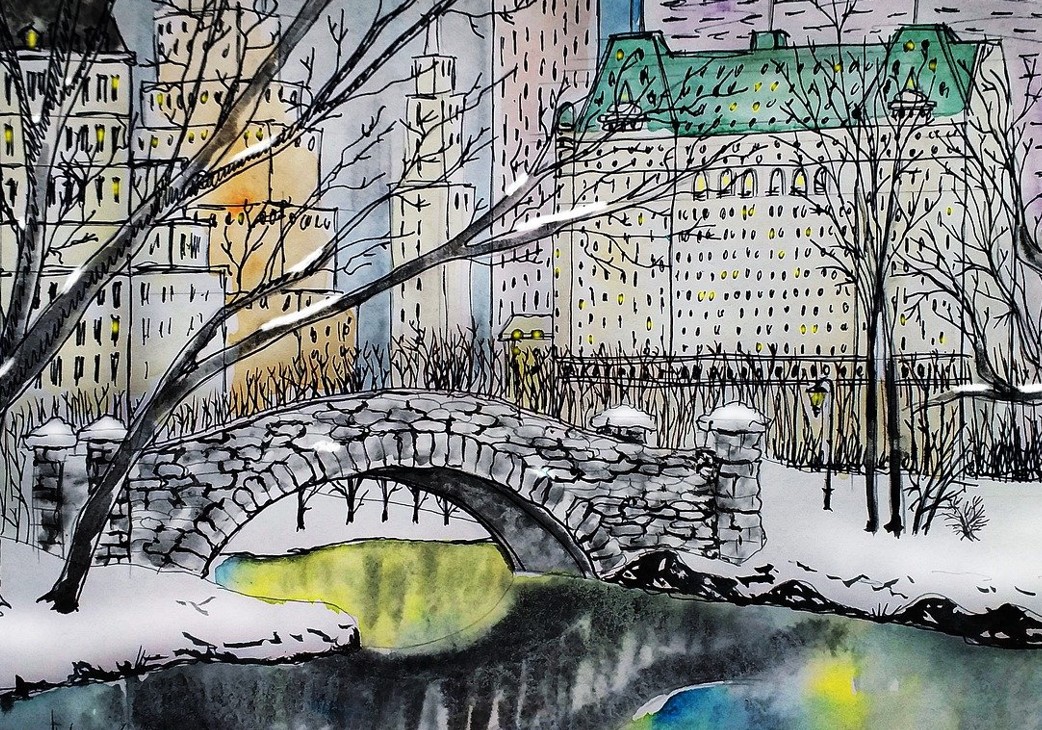
Night falls before you know it. And for many of us, there’s no escaping winter’s cold and snow. All we can do is bundle up and step boldly into what’s known as a Winter Wonderland, or retreat to the fireplace, with a mug of hot chocolate, Tollhouse cookies, and a good book…. of poetry. Here are a few of our favorites to take you around the world in your imaginings.
Tang Dynasty poet Liu Zongyuan (773-819) “jiāng xuě (River Snow)” lets the reader take flight.
In a thousand mountains, no bird flies
On ten thousand trails, no human trace
But one man in a grass raincoat and hat
Fishes in the river and snow In a thousand mountains, where no bird flies
On ten thousand trails, where no man walks
A single man in a grass coat and hat
Fishes by himself on the river and in the falling snow
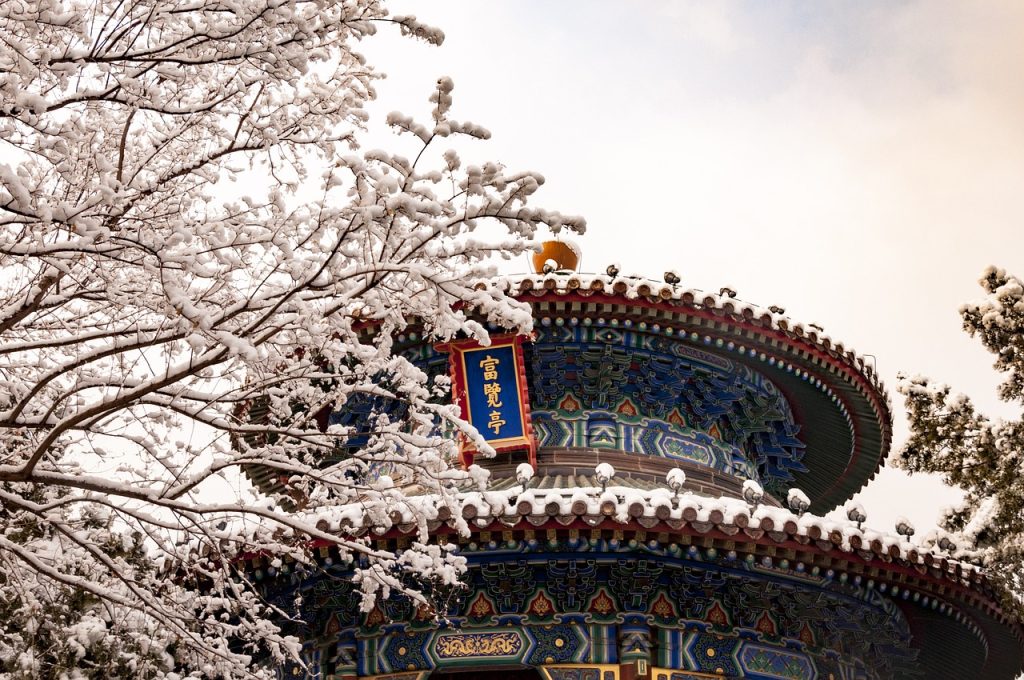
“The Snowfall is So Silent,” by Basque poet Miguel de Unamuno (1864-1936), captures the delicate (and often melancholy) feeling of winter’s onset in this translation by Robert Bly.
The snowfall is so silent,
so slow,
bit by bit, with delicacy
it settles down on the earth
and covers over the fields.
The silent snow comes down
white and weightless;
snowfall makes no noise,
falls as forgetting falls,
flake after flake.
It covers the fields gently
while frost attacks them
with its sudden flashes of white;
covers everything with its pure
and silent covering;
not one thing on the ground
anywhere escapes it.
And wherever it falls it stays,
content and gay,
for snow does not slip off
as rain does,
but it stays and sinks in.
The flakes are sky flowers,
pale lilies from the clouds,
that wither on earth.
They come down blossoming
but then so quickly
they are gone;
they bloom only on the peak,
above the mountains,
and make the earth feel heavier
when they die inside.
Snow, delicate snow,
that falls with such lightness
on the head,
on the feelings,
come and cover over the sadness
that lies always in my reason.
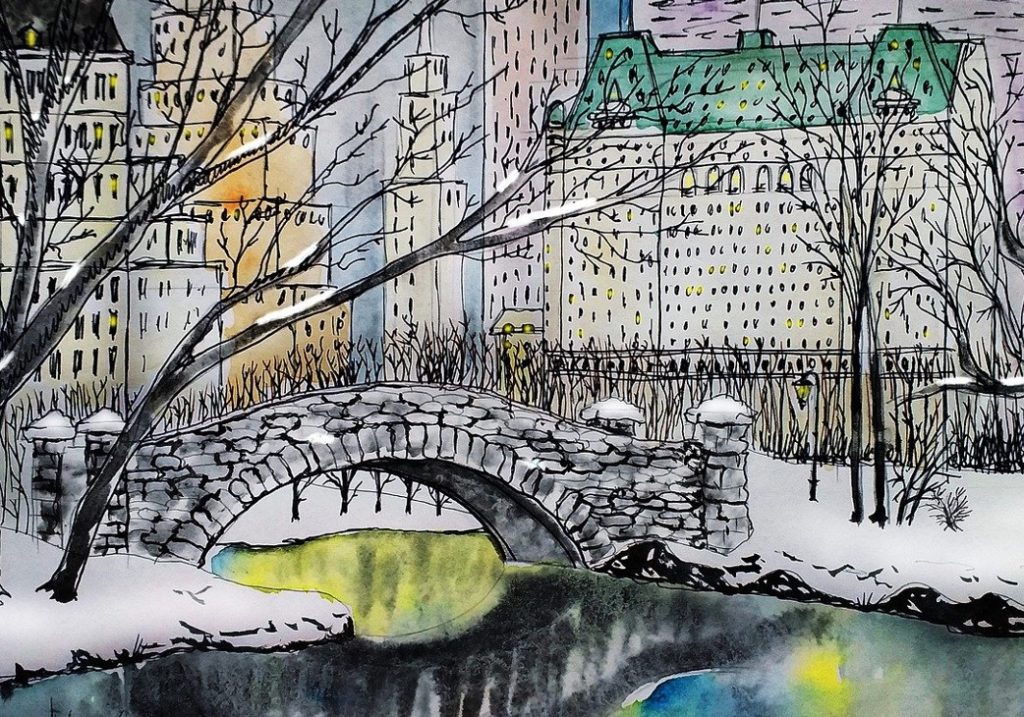
Denise Levertov (1923-1997) was born in England but emigrated to the United States in the late 1940s. Her ability to see what a born-and-bred New Yorker might miss makes her “February Evening in New York” a quintessential rendering of urban experience:
As the stores close, a winter light
opens air to iris blue,
glint of frost through the smoke
grains of mica, salt of the sidewalk.
As the buildings close, released autonomous
feet pattern the streets
in hurry and stroll; balloon heads
drift and dive above them; the bodies
aren’t really there.
As the lights brighten, as the sky darkens,
a woman with crooked heels says to another woman
while they step along at a fair pace,
“You know, I’m telling you, what I love best
is life. I love life! Even if I ever get
to be old and wheezy—or limp! You know?
Limping along?—I’d still … ” Out of hearing.
To the multiple disordered tones
of gears changing, a dance
to the compass points, out, four-way river.
Prospect of sky
wedged into avenues, left at the ends of streets,
west sky, east sky: more life tonight! A range
of open time at winter’s outskirts.

Cuban-born poet Sandra M. Castillo’s “Christmas, 1970” evokes the bittersweet transition from one way of life – and country – to another:
We assemble the silver tree,
our translated lives,
its luminous branches,
numbered to fit into its body.
place its metallic roots
to decorate our first Christmas.
Mother finds herself
opening, closing the Red Cross box
she will carry into 1976
like an unwanted door prize,
a timepiece, a stubborn fact,
an emblem of exile measuring our days,
marked by the moment of our departure,
our lives no longer arranged.
Somewhere,
there is a photograph,
a Polaroid Mother cannot remember was ever taken:
I am sitting under Tia Tere’s Christmas tree,
her first apartment in this, our new world:
my sisters by my side,
I wear a white dress, black boots,
an eight-year-old’s resignation;
Mae and Mitzy, age four,
wear red and white snowflake sweaters and identical smiles,
on this, our first Christmas,
away from ourselves.
The future unreal, unmade,
Mother will cry into the new year
with Lidia and Emerito,
our elderly downstairs neighbors,
who realize what we are too young to understand:
Even a map cannot show you
the way back to a place
that no longer exists.
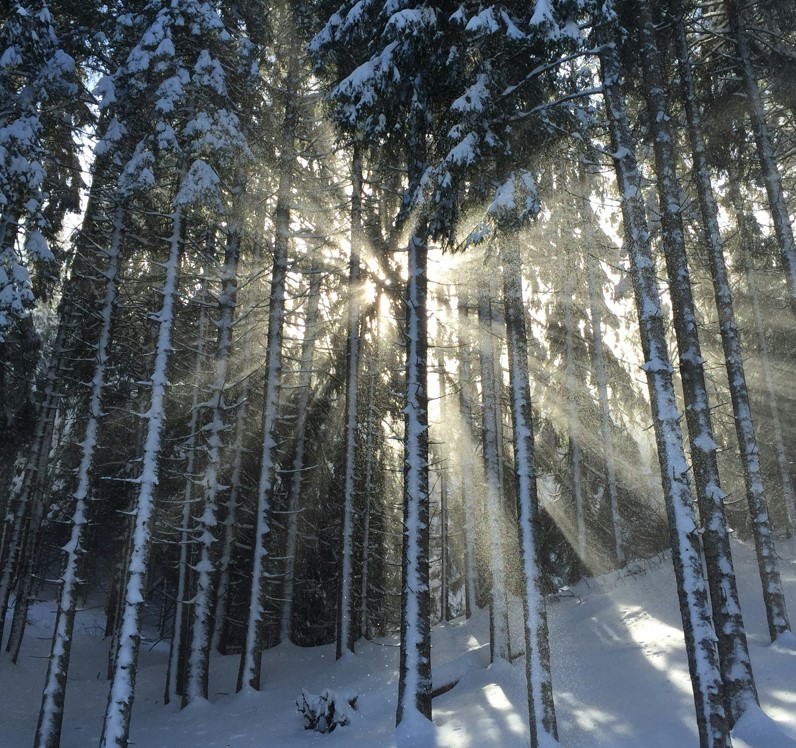
Let’s not forget this classic – Robert Frost’s “Stopping by Woods on a Snowy Evening.”
Frost (1874-1963) is often thought of as a kindly, harmless grandfather of poetry, a cracker barrel philosopher. But sorrow and desolation lurk between the lines of his poetry, held in check by the rigor of meter and rhyme. What are the promises the narrator has to keep? Why is he drawn to the dark and lovely darkness of the woods? More is going on than meets the eye…
“Stopping by Woods in a Snowy Evening”
Whose woods these are I think I know.
His house is in the village though;
He will not see me stopping here
To watch his woods fill up with snow.
My little horse must think it queer
To stop without a farmhouse near
Between the woods and frozen lake
The darkest evening of the year.
He gives his harness bells a shake
To ask if there is some mistake.
The only other sound’s the sweep
Of easy wind and downy flake.
The woods are lovely, dark and deep,
But I have promises to keep,
And miles to go before I sleep,
And miles to go before I sleep.
And here’s Frost – a perfect surname for a poet writing about winter – reading his best-known poem:
Have I overemphasized the gloomier aspects of the season? If I have, it’s because so much of what we see and hear during the holiday season is geared toward selling us a vision of winter as unrealistic as it is cheerful. The holidays are tough for those without friends and loved ones to temper the cold with the warmth of companionship. It can be a lonely world out there, and generic versions of mirth and goodwill can ring hollow.
And close out our list with Winter Wonderland written by Felix Bernard and Richard Bernhard Smith. Sing along – you know you’re going to!
Sleigh bells ring, are you listening,
In the lane, snow is glistening
A beautiful sight,
We’re happy tonight,
Walking in a winter wonderland….
And here’s a rollicking version as performed by New Orlean’s redoubtable Preservation Hall Jazz Band:

